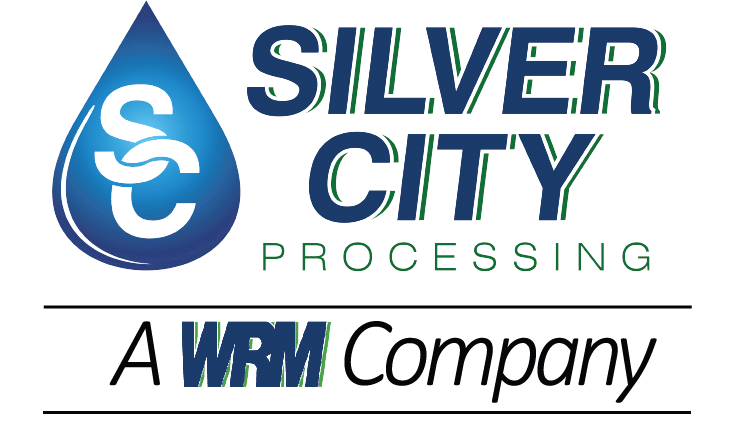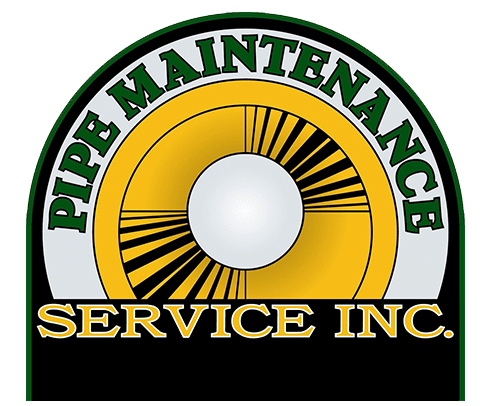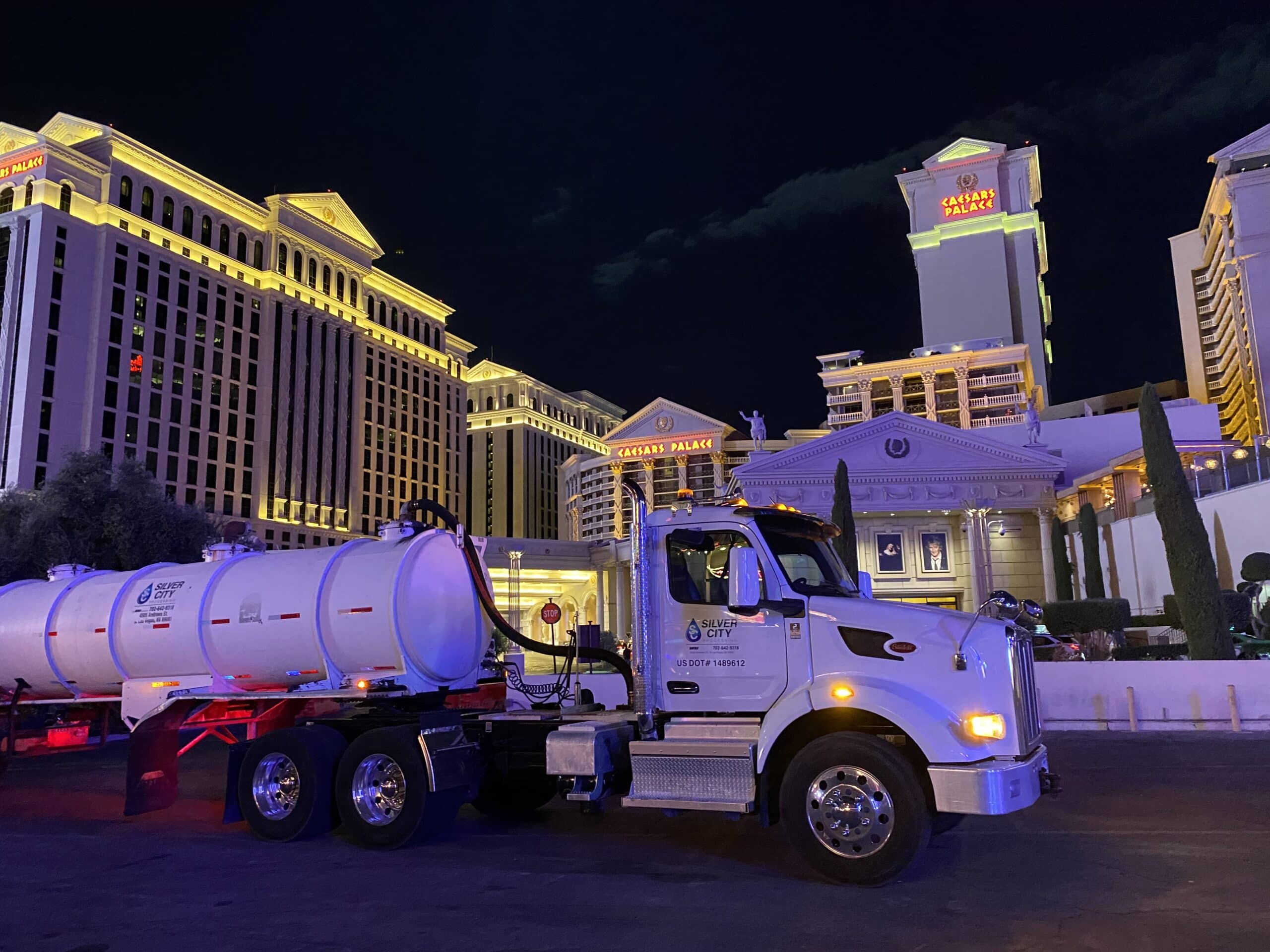In Nevada’s bustling culinary scene, restaurants must maintain operational efficiency while adhering to environmental and health regulations. One critical aspect often overlooked in this fast-paced environment is the importance of regular grease interceptor cleaning. This article explains why keeping your establishment’s grease traps clean is a regulatory necessity and a fundamental component of your restaurant’s longevity and community responsibility.
Grease interceptors are crucial to the proper functioning of a restaurant’s plumbing system. They trap fats, oils, and greases (FOG) from wastewater before it enters the sewage system. Without regular maintenance, these substances can harden and block pipes, leading to costly repairs and potential health hazards. More significantly, for businesses in Silver City, where environmental consciousness and community well-being are high priorities, ensuring that grease traps are efficiently managed reflects your commitment to these values.
Understanding Grease Interceptors and Their Role
Grease interceptors are essential components in commercial kitchens and waste management facilities. They capture fats, oils, and grease before these substances enter the public sewer system. By doing so, they help prevent blockages and maintain efficient wastewater flow.
These devices are usually located outside and can handle large volumes of water and waste. Their primary function is to separate grease from wastewater, allowing only water to pass through. The retained grease is then stored, preventing it from causing clogs or environmental hazards.
Grease interceptors may also safeguard pumps and other equipment, such as a lift station. Without them, grease buildup can damage these components, leading to costly repairs. Grease interceptors require regular cleaning and maintenance to sustain their operation.
Grease interceptors also play a vital role in maintaining compliance with environmental regulations. These guidelines protect public health and aquatic life. Proper grease management ensures that facilities do not contribute to water pollution.
Understanding the function of grease interceptors emphasizes the need for ongoing maintenance. This understanding empowers maintenance supervisors to educate their teams effectively, ensuring smooth operation.
The Difference Between Grease Interceptors and Grease Traps
While similar in function, grease interceptors and grease traps serve different purposes. Grease traps are smaller and typically found indoors, often under sinks in smaller establishments. Compared to interceptors, they handle lower volumes of water and grease.
On the other hand, grease interceptors are designed for larger operations, such as restaurants and industrial facilities. They are often installed outside and can manage substantial wastewater flows.
Choosing between a trap or an interceptor depends on the facility’s size and usage. Understanding these distinctions helps in selecting the appropriate device for optimal grease management.
The Environmental and Legal Implications of Poor Maintenance
Neglecting grease interceptor maintenance can lead to serious environmental problems. Unchecked grease can overflow into sewer systems, causing blockages and overflows. These blockages can pollute nearby water bodies, harming aquatic ecosystems.
Poor maintenance can have costly legal ramifications. Many jurisdictions impose fines and penalties on facilities that fail to comply with grease management regulations. This compliance is crucial in safeguarding public health and upholding community standards.
Additionally, facilities may experience increased operational costs due to emergency repairs or equipment damage. Grease-related issues can affect pumps, pipes, and other essential components of lift stations.
Understanding these implications highlights the importance of regularly cleaning and maintaining grease interceptors. It underscores the facility’s responsibility to uphold environmental stewardship and legal compliance. Regular maintenance not only prevents issues but also protects the facility from unnecessary expenses and legal challenges.
Recognizing the Need for Cleaning
Regular inspection of grease interceptors is vital for effective waste management. Recognizing when they need cleaning can prevent problems before they escalate. Maintenance teams should be vigilant and observant.
Unusual drainage patterns or persistent odors may indicate impending issues. These signs suggest that grease accumulation is affecting the system’s performance. Ignoring these symptoms can lead to severe blockages or overflows.
To ensure proactive maintenance, watch for these warning signs:
- Slow drainage in sinks and other fixtures
- Unpleasant or persistent smells near the interceptor
- Visible grease build-up upon inspection
By being attentive to these cues, facilities can schedule timely cleanings. This proactive approach minimizes disruptions and maintains optimal operation.
Signs Your Grease Interceptor Needs Attention
One of the first signs that your grease interceptor needs attention is slow drainage. This occurs when accumulated grease restricts water flow, causing backups in sinks or drains. Observing such delays in drainage requires immediate action.
Another indicator is unpleasant odors that linger in and around the interceptor area. Fats and oils decomposing within the interceptor emit these smells. Persistent odors can signal a need for thorough cleaning.
Lastly, visual inspection might reveal grease collecting on the interceptor’s surface. Such a build-up suggests that the interceptor is reaching capacity. Regular monitoring helps identify this overfill and prompts necessary cleaning. Acting on these signs helps prevent more significant issues and ensures the system functions efficiently.
The Importance of Regular Maintenance and Scheduling
Regular maintenance of grease interceptors is vital for efficient waste management. It prevents costly emergencies and ensures smooth operation. Planning a maintenance schedule helps avoid service disruptions.
Sticking to a set schedule keeps interceptors functioning optimally. Consistency in maintenance prevents blockages and unpleasant odors. It also reduces the risk of damage to the facility’s plumbing system.
It is crucial to create a maintenance schedule tailored to your facility’s needs. Consider factors like usage patterns and regulatory requirements. A well-thought-out plan simplifies routine maintenance tasks.
Here are some components to include in your maintenance schedule:
- Inspection intervals to identify potential issues early
- Regular cleaning dates based on facility usage
- Timely record-keeping of maintenance activities
- Communication protocols within the team
Scheduling promotes efficiency and enhances the lifespan of grease interceptors. By incorporating these practices, your team contributes to a more sustainable environment and reliable system operations.
Frequency of Cleaning and Maintenance Logs
Determining the frequency of cleaning depends on several factors. Consider the volume of grease produced and local regulations. Adhering to these guidelines ensures compliance and system effectiveness.
Routine cleaning typically occurs monthly or quarterly. Higher-traffic facilities may require more frequent maintenance. Consult local regulations to ensure you meet all mandatory requirements.
Keeping detailed maintenance logs is essential. These records help track cleaning intervals and any issues encountered. Logs also provide valuable documentation for compliance purposes and future reference.
Regularly reviewing and updating maintenance logs ensures consistency in your approach. It also helps identify trends and patterns, enabling proactive measures. With effective logging, your team will efficiently manage grease interceptors.
Advanced Maintenance Techniques
Enhanced maintenance approaches offer significant benefits for grease interceptor longevity. Advanced techniques can improve the cleaning process and efficiency. They also help minimize grease buildup, ensuring continuous operation.
Incorporating modern strategies keeps the system running at peak performance. By adopting innovative solutions, facilities can stay ahead of potential issues. This proactive approach reduces unplanned repairs and associated costs.
Upgraded methods contribute to environmental sustainability and compliance. They reduce the amount of solid waste in grease interceptors, which reduces strain on plumbing and wastewater systems.
The Cost-Saving Benefits of Regular Grease Interceptor Cleaning
Regular grease interceptor cleaning offers notable cost savings. Consistent maintenance prevents costly blockages and system failures. This proactive approach minimizes expensive emergency repairs.
Investing in regular cleaning extends the lifespan of the equipment. Well-maintained interceptors function more efficiently, reducing energy consumption. This efficiency can lead to lower operational costs over time.
Furthermore, clean systems help avoid fines associated with regulatory non-compliance. Regular maintenance also supports a smoother workflow, avoiding disruptions. Overall, diligent cleaning practices are a wise financial decision for facilities.
Training and Communication Within Maintenance Teams
Effective communication is crucial in maintenance teams. It ensures everyone understands their role in maintaining grease interceptors. Regular training sessions are vital to achieving this goal.
These sessions should highlight the importance of proper cleaning and maintenance. They provide a platform to discuss challenges and share solutions. Moreover, they keep the team updated on the latest practices and regulations.
Clear protocols enhance team efficiency and safety. By fostering a collaborative environment, teams can manage maintenance schedules efficiently. This organized approach minimizes errors and maximizes system performance.
The Supervisor’s Role in Team Education
Supervisors play a pivotal role in team education. They set the tone for maintenance standards and expectations and, by leading by example, instill good practices in their teams.
Supervisors must regularly update training materials to ensure the content is relevant and comprehensive. They should also encourage open dialogue to identify and address any knowledge gaps.
In addition, supervisors should monitor team progress and provide feedback. Recognizing team achievements fosters motivation and confidence. Ultimately, well-trained teams are more adept at maintaining efficient operations.
Securing Your Success with Silver City Processing
In conclusion, regular maintenance of your grease interceptors isn’t just a routine chore; it’s a strategic business decision that safeguards your restaurant or food operations’ operational integrity and upholds your commitment to environmental stewardship. Ensuring these systems are clean and functioning correctly prevents the buildup of harmful contaminants that can lead to plumbing disasters and environmental fines. More importantly, you contribute to the overall health and safety of the Silver City community.
Silver City Processing stands ready to assist you in this essential task. Our experienced team ensures that your grease traps and grease interceptors are serviced thoroughly and regularly, keeping your operations smooth and compliant with all local health and environmental regulations. Choosing Silver City Processing means choosing peace of mind, knowing that your restaurant meets the highest cleanliness and efficiency standards.
Don’t wait for the warning signs of a clogged system to take action. Contact Silver City Processing today and set a schedule that keeps your restaurant running smoothly, complies with regulations, and sets a standard for environmental responsibility in our community. Clean grease traps are just the beginning of a successful restaurant operation!
A Sustainable Future Begins with Clean Pipes
Ensuring Silver City Processing maintains your grease interceptors keeps your business running efficiently and reinforces your reputation as a responsible, environmentally conscious entity in Silver City. Join your fellow restaurateurs, hotels and food processing plants who trust in our expertise. Let’s keep our city clean, safe, and flourishing together.


